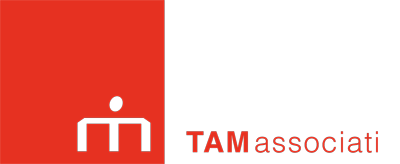Saharawi diabetological operative unit
Assignment: Architectural design for a diabetological operative unit, Rabouni, Algeria
Services: Concept design
Saharawi refugees have been living in refugee camps in Algeria since 1975 and have been almost entirely dependent on humanitarian aid. Recent studies have shown an increase in risk factors for type 2 diabetes mellitus (DMII) in refugees, namely malnutrition, obesity and a sedentary lifestyle, partly due to the quality of food available and the lack of prevention protocols, timely diagnosis and treatment.
In response to this, we designed the Saharawi diabetological operative unit to be built in the Saharawi refugee camps in Rabouni, Algeria. The new medical clinic will focus on screening, laboratory diagnostics, medical therapy and monitoring of patients with type 2 diabetes.
The clinic will target the following categories of patients:
- The entire adult population, who will be able to undergo screening for early diagnosis of the disease,
- Pre-diabetic patients to implement treatment protocols and prevent overt disease
- Patients with type 1 diabetes for therapy, regular screening and treatment.
The Project is sponsored by onlus Resistir y vencer with the collaboration of the Ministry of Health of the Saharawi Arab Democratic Republic (RASD).
Sustainability features
As well as being a health project that promotes human rights, the Saharawi diabetological unit is also environmentally sustainable. Given the particularly hot climate and the frequency of strong winds, we focused on passive solutions, a water recycling system and a natural cooling system.
In particular, the building will have a high thermal resistance envelope and solar shading, and a system for rainwater and wastewater recycling for flushing and irrigation. Solar panels will ensure energy self-sufficiency, while a mechanical cooling system based on the building’s orientation, wind catchers and ventilated roofs will ensure thermal comfort with minimal energy consumption.
The Sustainable Development Goals (SDGs) addressed in this project are six. These are: SDG-1 No poverty, SDG-3: Good health and well-being, SDG-6: Clean water and sanitation, SDG-7: Affordable and clean energy, SDG-10: Reduced inequities, and SDG-13: Climate change action.
Studies:
https://www.ncbi.nlm.nih.gov/pmc/articles/PMC7071476/
https://www.wfp.org/publications/algeria-nutrition-survey-2019

Place: Rabouni, Algeria
Client: Resistir y vencer onlus
Status: Project completed
Design: TAMassociati











